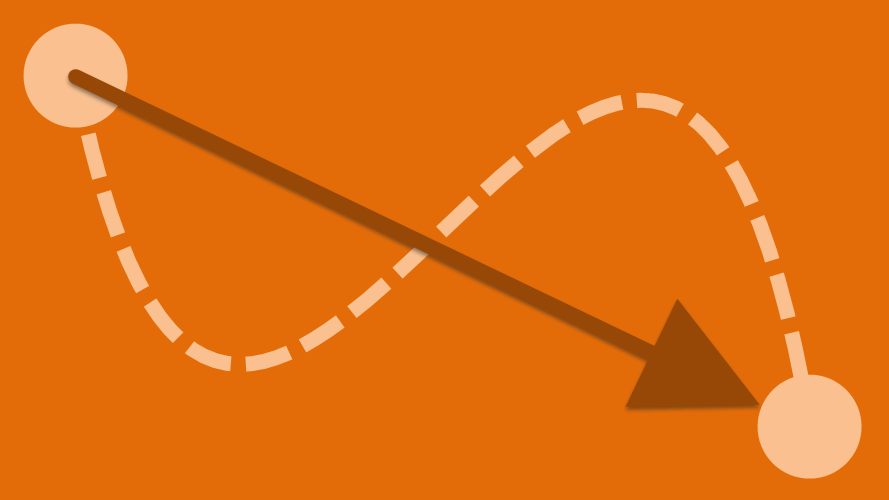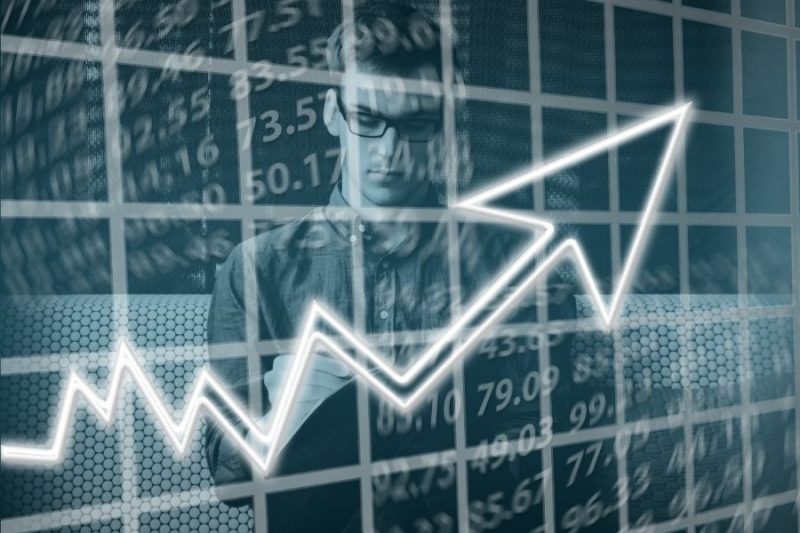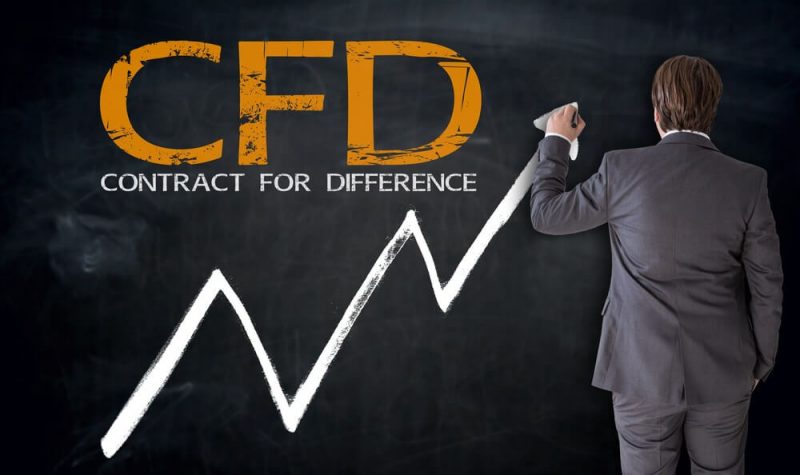In the lockdown times, more and more people are interested in making money online. If you are a risky and yet cerebral type, trading is one of the most attractive industries for you. Especially CFD trading like at Investous that lets you benefit from changing prices of a certain asset without actually owning it. So, if you are ready to enter, let’s see what CFD is about.
CFD as a Shortcut

Imagine a situation when someone (name him Mr. Future) has a futures contract for, say, gold. He agrees to buy a certain amount of gold for a certain price in dollars at some moment in the future. If the market price is above the agreed one, Mr. Future gains some money. If not, he loses some money, the exact sum depending on the price difference. Does the word “difference” sound familiar?
Contracts for difference utilize the same mechanics, due to which a trader does not have to handle real assets at all. You can gain from markets without purchasing or selling, storing the assets, taking care of logistics and security, paying your employees, and so on. Along with these advantages of derivatives (contracts not involving underlying assets physically), there is one more: you can do the trading online. The principal difference is that with CFD, you have no established closure date. You can keep your contracts open until you decide to close them… or a margin call catches you (more about it later).
No wonder this tool, initially developed in 1991 as a way of hedging risks, now has become so popular even among amateurs. The industry that has grown around it online now offers a lot of platforms where you can start even if you have no financial education or contacts to get you to the real exchange.
CFD Trading Online: How to Get Started

To start regular trading, you need to enter the exchange and comply to its rules. That includes getting licenses, education, certification, and other long and often hard work. CFD trading is available online through special platforms – brokers that complete all these formalities for you. All you have to do is provide your data, deposit a certain amount of money, and you’re good to go.
Brokers usually offer detailed instructions on how to start. It includes videos, articles, presentations, and – the most valuable of it all – a demo account. With it, you can see how it works without making any real investments. The only difference (pun unintended) you can notice is purely psychological: risking virtual money that costs you nothing is easier than making decisions with real funds. But eventually, you will notice and take it into consideration when planning your strategies.
Strategies on CFD Market

The basics of CFD trading should be started with the simple statement that if the price of any asset changes, it can go up or down. If you have reasons to believe a certain asset (gold, silver, coffee, wheat, oil, gas, Bitcoin, etc.) is to get pricier in a long-term perspective, it makes sense to keep your virtual contract for it. It’s called “going long” or “long positions,” because if your forecast is right, it makes sense to hold them for long.
On the contrary, if you have a gut feeling (or some insider information) that the price of a certain asset will go down, you better sell your share as soon as possible and rebuy it when its price drops, so you retain the share and get some profit. Logically, it’s called “going short”.
To keep your positions balanced, you may want to keep them hedged by holding two opposite positions at the same time. When you sense it’s time to risk, you close one of them and leave the other. If you want to make profits, though, you’ll need to break the balance from time to time. And this is where the knowledge comes in. To make predictions, you need to learn markets; it’s a separate topic, though.
Leverages: Pros and Cons

One of the greatest powers of the current CFD trading system is leveraging. With this feature, you can operate your money as if you had manyfold more. Effectively, you lend the rest from your broker, but the interest rate is usually rather low and well covered by a profitable position. With good leverage, your investments gain much greater efficiency.
One of the biggest risks in CFD (along with arrogance and undecidedness), though, is also about leveraging. If you miss, and the position is dropping instead of rising, at one moment, your remaining funds may be just insufficient to close the position. To prevent this, there are so-called margin calls. These words may wake you up in the middle of a nightmare. A margin call is, in fact, a force close of a position if the remainder on your balance may not be enough. Then your loss is fixed. A better perspective than getting in infinite debts, but still a loss, and a serious one. So, the leverages bring:
- Much larger scale of your operations.
- Interest rates that you are charged
- Possible margin calls that leave your balance zeroed
You better check your broker’s margin call policy before you enter. Would you like to be charged much beyond what you invest, or would you rather avoid it?
Why Banned?

You may have heard rumors that online CFD trading is banned in some countries. Indeed, it is in the USA and Hong Kong. It may be the result of traditional exchanges lobbying for their exclusive rights. In the rest of the world, there is no ban, though severe regulations may apply. They usually include KYC measures, meaning you have to provide your real data to start trading and leverage limitations that won’t let you fall into large debts – but still, you have to be careful with this.
So, Is CFD Worth a Shot?
If you have decided to try your luck with online trading, CFD is quite a great tool. Not as notorious as binary options, not as crowded as Forex, it combines the best of both worlds. But it does not grant you diamonds in the sky, on the contrary: most traders lose all their deposits after the first months. Do you think you’ll avoid this? Great of you. Get armed with knowledge and master this art.
If you found this useful, you can share this introduction on Facebook or Twitter to share it with your friends. It would be great of you to leave your comments here about your own experience or something we might miss. Thank you!


